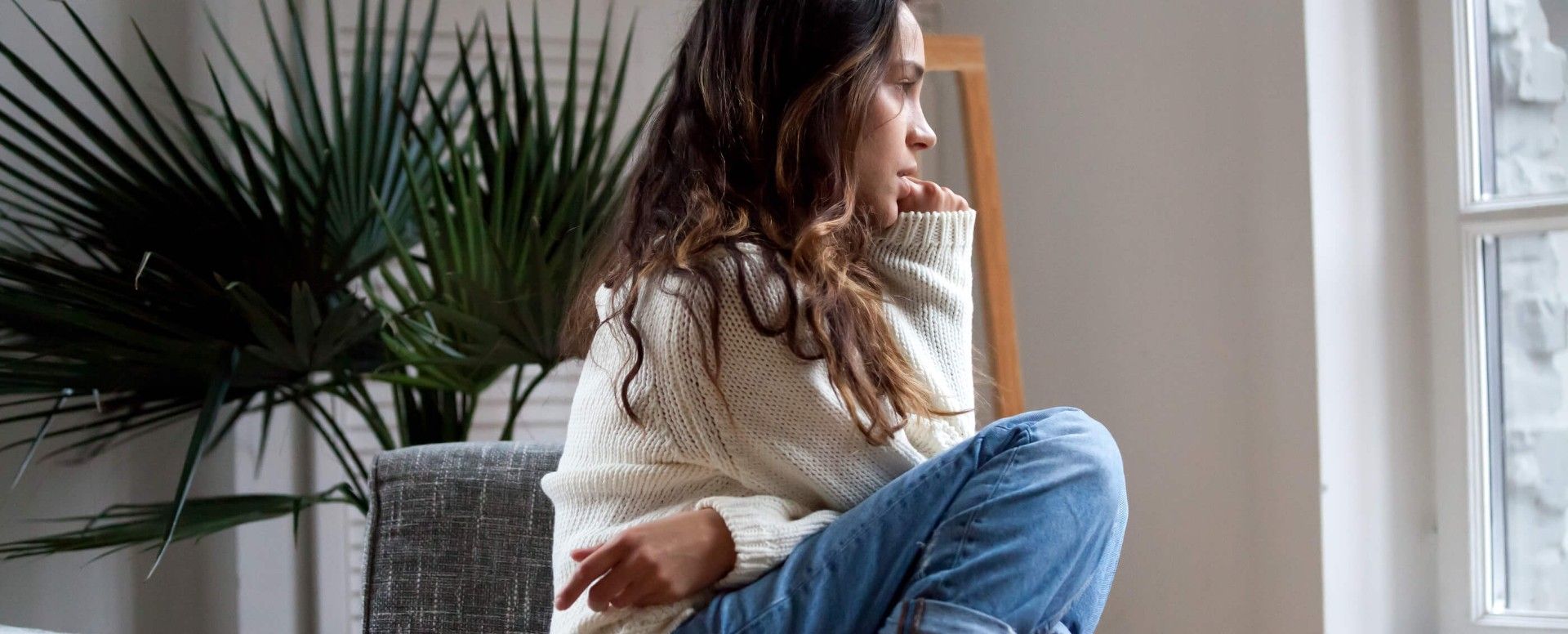Toxic relationships are unfortunately prevalent in society and university is no exception. It’s therefore important that we are all fully aware of the warning signs and what to do if we realise we are in one.
This article explores what toxic relationships are, how to avoid getting into one, and the warning signs that could indicate if you’re in one. We’ll also take a look at why people find it difficult to leave a toxic relationship, and the steps you should take if you think you are currently in one.
What is a toxic relationship?
A toxic relationship is any relationship where you are being emotionally and/or physically damaged by the other person.
These relationships are imbalanced and unhealthy and are characterised by control and dominance.
This could be a romantic relationship, a friendship, a family relationship. or anyone else you regularly interact with. It can even be an ex-partner.
There’s a common misconception that toxic relationships must be romantic, yet many toxic relationships are friendships.
Anyone can be in a toxic relationship — regardless of gender, race, sexuality, or any other factor.
When you are studying at university, it is important to be extra vigilant regarding toxic relationships because you are often fairly distanced from your friends and family back home — this could make it easier for a toxic person to isolate you from loved ones and take control.
How do I avoid getting into a toxic relationship?

Sadly, it is hard to know how toxic a person is until you build a relationship with them. However, there are a few things you can do to up your chances of avoiding a toxic relationship:
- Be happy in your own company — if you rush into a romantic relationship or a friendship, it may not be right for you. Instead, take your time and choose wisely.
- Make a list of ‘deal-breakers’ — these are essential qualities any new partner or friend must possess.
- Don’t settle for anything less than someone who possesses all of your top deal-breaker qualities.
- Only continue dating someone or spending time with a new friend if you feel you can fully be yourself with them — if you’re not comfortable, then end it before it has truly begun.
- Choose a partner or friend who involves you in the rest of their life.
- Choose a partner or friend you can trust.
- Choose a partner or friend you’re compatible with.
- Choose a partner who openly discusses your future as a couple.
What are the warning signs of a toxic relationship?
Each relationship is unique but there are often some of the below factors present in a toxic one:
- You are constantly being criticised (often with little praise to balance this) by the person.
- They put you down in front of others.
- They chip away at your self-esteem.
- There is a big imbalance of power.
- They are controlling.
- They are very jealous.
- There’s no trust in the relationship.
- They cheat on you (if the relationship is romantic).
- You feel insecure or unsafe around the person.
- They are ultra-competitive with you and don’t support your successes.
- They make you feel trapped in the relationship.
- You have stopped looking after yourself (this is often a result of what you are experiencing).
- You’re being stonewalled — when the person will not listen to your feedback or POV and will ignore you, talk over you, or even leave the room instead of listening.
- Your friends and/or family have expressed concern about this relationship.
- You’re often making excuses for the person’s bad behaviour.
- You’re exhausted.
- You’re not your true self around them anymore.
- They don’t bring out the best in you.
- You don’t feel positive about the future.
- You are telling yourself they will change and it will all be OK.
- You are made to do things you don’t want to do.
- They physically harm you or threaten you.
Why is it hard to end a toxic relationship?

If you’re not in a toxic relationship, you may be thinking ‘why don’t they just leave as soon as they realise it’s toxic?’
It’s not that simple, unfortunately.
Often the person being abused feels trapped and is holding out hope that the toxic person’s behaviour will change. They may be scared to leave in case it makes the situation worse. They have often been isolated from others, meaning that they are reliant on the abuser also. They may be frightened of losing their home or children.
There are many reasons why it may seem easier to stay in a relationship with a toxic person. However, you do not deserve this and it is essential that you exit the relationship as soon as you can.
What should I do if I think I’m in a toxic relationship?
Whatever your situation, it is important for you to know that it is not your fault. Abuse is only ever the fault of the abuser. They may have made you feel like you brought this on yourself but you did not. They may have made you feel responsible or guilty. You are not.
So, what are your next steps?
Firstly, if you are in a physically abusive relationship, you need to take action immediately (when it is safe to do so).
The National Domestic Abuse Helpline is open 24/7 and free to call:
0808 2000 247
They can offer you advice, support and refuge.
If you are unable to call, you can contact them online and tell them the best way to contact you and when.
If you need help to get to that stage, you could ask a trusted friend or family member to sit with you while you call or type.
Further external contacts
LGBT+ Domestic Abuse Helpline
University of Leeds students
If you feel like you might be in a toxic relationship and wish to discuss it with someone in confidentiality, you can drop into LUU Advice at the University of Leeds or contact the team here:
advice@luu.leeds.ac.uk
0113 3801 420
You are in full control of the situation when you visit the LUU Advice team, so you can just chat or the team can help you to make some changes in your life — whether that’s notifying the university, contacting the Police, or helping you to find emergency accommodation.
Leeds Beckett University students
Leeds Beckett University’s Support for Student Survivors of Gendered Violence is a fortnightly service that assists all people in a toxic relationship, regardless of gender. You can find out more information by emailing Ash at sssgv@leedsbeckett.ac.uk.



